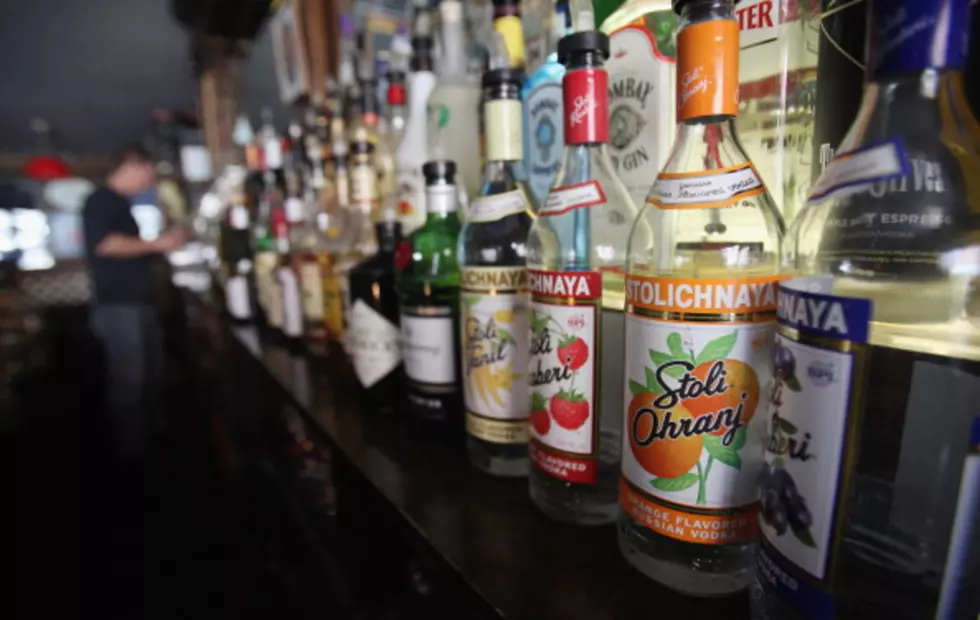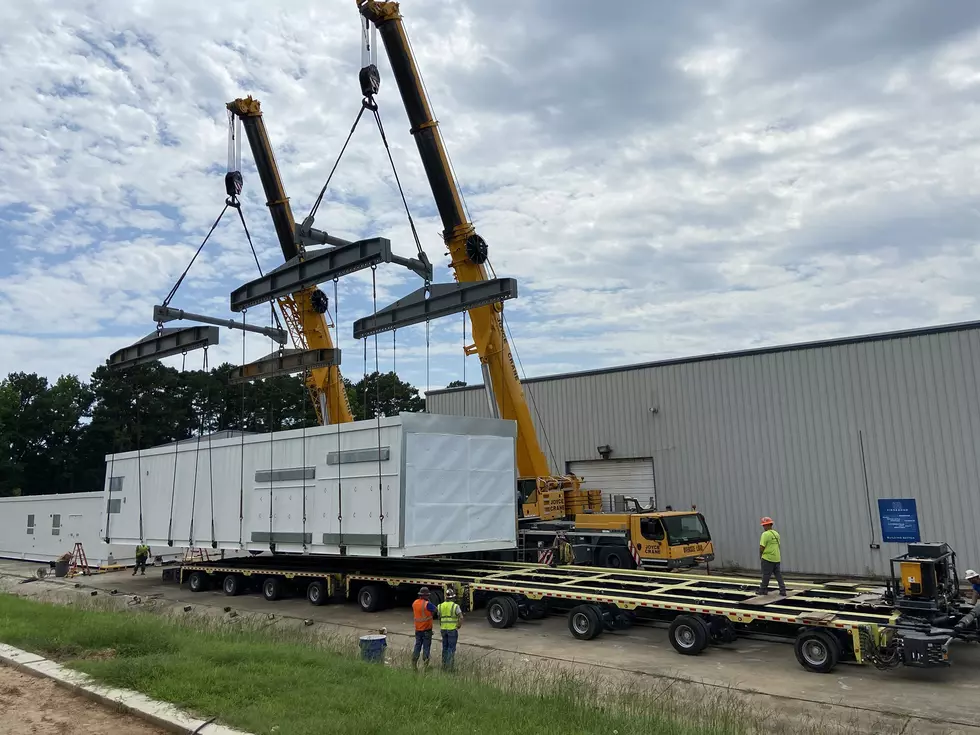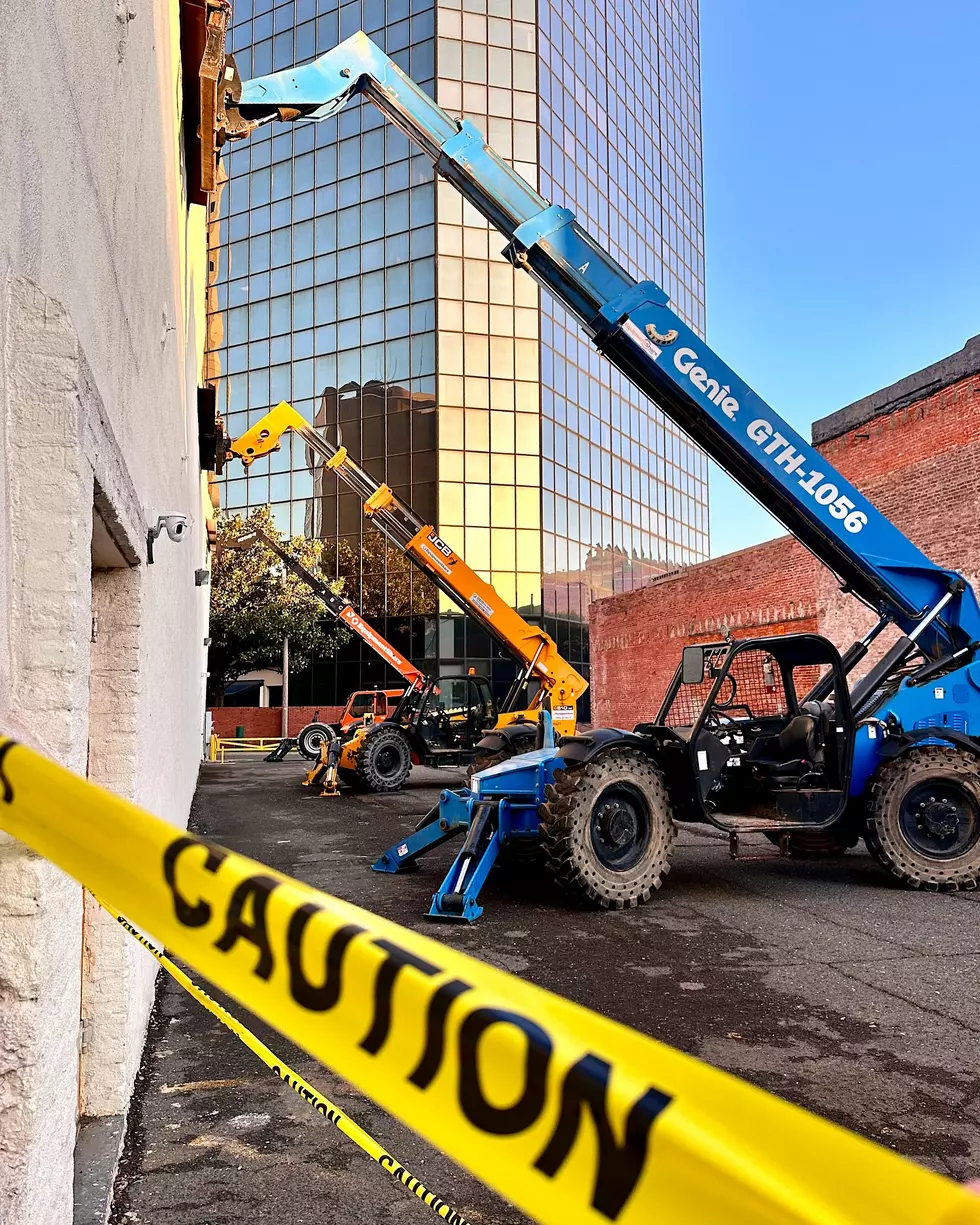
Texas Expert On Alcohol Shortage “They Don’t Know What’s Coming”

The United States has been dealing with multiple shortages since the start of the pandemic. From low-wage workers to lumber, there have been shortages impacting daily American lives for nearly 2 years.
But the one on the horizon might be the worst yet. Because evidence shows that the thing about to be in short supply is the thing that's been helping people cope with everything else.
Experts are warning of the impending shortage on liquor and other alcoholic beverages that is starting to pick up speed across the country. There are multiple things to blame, and Chief Economics for the Distilled Spirits Council, David Ozgo, told CBS in Dallas:
“The distilled spirits industry is just like everyone else in America. We’re facing the same challenges with regard to being able to import products. Clearly, right now there’s a shortage of containers. Space on container ships is very, very short.”
CBS Dallas followed that up with a report that the industry imports 40% of their products.
Many are pointing the fingers to the gridlock at the Port of Los Angeles as the culprit in this shortage. That's the same source of problems that experts in other industries are also blaming their shortages on. Including toys for the holiday season.
Jake Duke, the Regional Manager of Spec's Liquor in Dallas talked to ABC7 LA about what they have already been experiencing in Texas:
"We had 50 people waiting in line, just to see what we had coming in this morning because it's a guessing game for us, just as it is for the guest. They don't know what's coming. We don't know what's coming."
Duke added that the product they do have is selling quickly, usually the new arrivals are gone by the end of the day.
These issues aren't just in California and Texas. The shortages will impact states like Arkansas and Louisiana as well.
Many inside the alcohol industry are fearful that the supply shortages will have major impacts on the holiday season in the United States. Experts in the industry are also weary that impending COVID-19 vaccine requirements may worsen the problems in the supply chain.
The 14 Most Notorious Serial Killers In Texas History
The 43 Highest Grossing Movies Filmed In Shreveport
More From News Radio 710 KEEL









